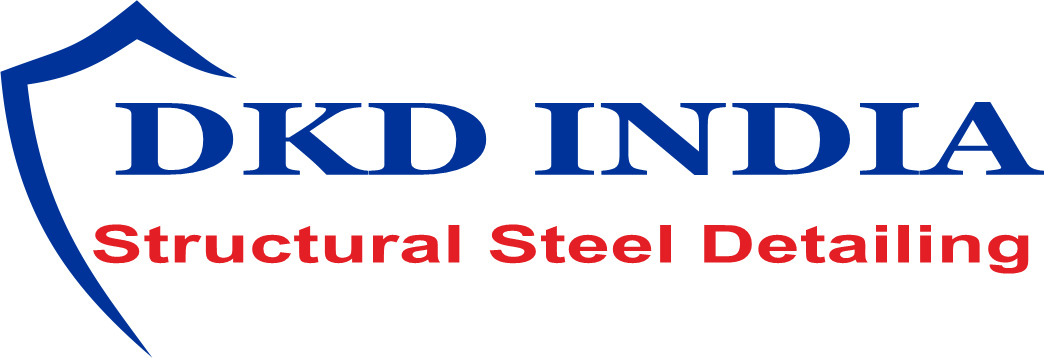Content
- Private clouds
- #1. Provides protection against security breaches
- What is cloud-native application protection program (CNAPP)?
- Information Security Policy for SMBs
- What Types of Cloud Security Solutions are Available?
- How does cloud security differ from traditional cyber security?
- Deploying multi-factor authentication (MFA)
- Misconfigured cloud storage or applications
In addition to picking a reliable and secure cloud platform, it is also important for businesses to assess cloud security consistently. They can even avail the assistance of managed cloud service providers to keep the security tools and protocols up-to-date according to frequency and speed of cloud deployment. Cloud security is a collection of procedures, policies, and technologies that fortify cloud-based computing environments against potential cybersecurity threats. In practice, it ensures the integrity and safety of cloud computing models during any attacks or breaches. Many businesses migrate to the cloud to save costs, and with that comes the transition from on-premise to cloud security.

Whenever there is a security breach in the cloud, companies lose money, time, and resources as they try to recover. The downtime that results from a cloud breach can cause significant operational setbacks – applications and data in the cloud, and cloud-connected devices and networks can be exposed to a numerous threats. An enterprise can move both corporate and customer data to the cloud to enable employees to access the data anytime and anywhere. But no enterprise can keep the data secured without preventing unauthorized data access.
Private clouds
Infrastructure as a Service allows organizations to manage their data infrastructure in the cloud instead of locally. So, an organization that works with a third-party IaaS provider can control and manipulate its data within the cloud environment. CSPM is a group of security products and services that monitor cloud security and compliance issues and aim to combat cloud misconfigurations, among other features. Putting the right cloud security mechanisms and policies in place is critical to prevent breaches and data loss, avoid noncompliance and fines, and maintain business continuity . Where cloud security differs from traditional cybersecurity is in the fact that administrators must secure assets that reside within a third-party service provider’s infrastructure.

Businesses and organizations are adopting cloud computing and storage, with many migrating to the cloud for all their data needs. The technology has opened up a host of opportunities for application development. It’s more cost-effective, empowers remote work, and offers flexibility for product deployments.
#1. Provides protection against security breaches
Customers should always check with their CSPs to understand what the provider covers and what they need to do themselves to protect the organization. An open bucket could allow hackers to see the content just by opening the storage bucket’s URL. Harbor Consulting Group, LLC is a New Jersey-based cybersecurity advisory firm. Working with an ecosystem of partners to help accelerate fast, frictionless, scalable, proactive and cost effective cloud security.
- Servers, storage and professional services all saw decreases in the U.S. government’s latest inflation update.
- If these cross the threshold of your organization’s system, the damage can be challenging to cover up.
- Security teams can also use threat intelligence to accelerate incident response and remediation and to make better decisions.
- A recent McAfee Cloud Adoption and Risk Report revealed irregular activity indicative of insider threat in 85% of organizations.
Organizations using SaaS applications as well as a cloud-to-cloud backup are on the rise. This technology offers advanced data protection above the basics provided by SaaS applications. Considering the magnitude of these losses, you must secure your network from cyber-attacks using real-time monitoring in the cloud. It gives you total visibility into your network systems and helps you understand your security better.
What is cloud-native application protection program (CNAPP)?
They are usually put together to preserve the organization’s integrity and maintain the security of companies who choose cloud security. Does hosting our application data over to the cloud makes our business more vulnerable to cyber-attacks? Selecting the right cloud security solution is the answer to these questions.

Exabeam monitors your cloud services at scale, providing unlimited logging for the ingestion and modeling cloud data. The pricing model is flat and user-based, ensuring visibility within your budget. It can help protect against threats like ransomware and malware, as well as accidental or malicious tampering or sabotage of cloud assets. Cloud backup allows an organization to send a copy of files or entire systems to a cloud-based location.
Information Security Policy for SMBs
For example, if your organization works in the healthcare industry, you may have to set up governance rules that conform to the standards ofthe Health Insurance Portability and Accountability Act . Cyberthreats are increasing in volume and sophistication while organizations around the world struggle to fill security positions. Without proper planning, an organization could end up feeling trapped in its relationship with a https://globalcloudteam.com/ cloud provider. Conduct security awareness training for employees, third-party partners and anyone accessing organizational cloud resources. Know what security controls they offer, and review contracts and service-level agreements diligently. Ensure data location visibility and control to identify where data resides and to implement restrictions on whether data can be copied to other locations inside or outside the cloud.
On many occasions, you can also add it almost instantly, which allows fast scaling, but this is not possible in the presence of on-premise technology. As a bonus, this security companies list resource provisioning can usually be done programmatically. One of the top advantages of incorporating cloud computing into your operations is data accessibility.
What Types of Cloud Security Solutions are Available?
This must be automated, and integrated into deployment processes, so that every component deployed in the cloud native environment is verified to be free of security vulnerabilities. Observable – cloud native applications easily expose information about application state, malfunctions and failures. Each component in the system is responsible for generating meaningful logs to provide insights into its operation. Operable – cloud native applications are easy to test, deploy, and operate. They have advanced automation that manages system components at all stages of their lifecycle. Cloud backup services typically charge a fee based on the storage space used, data transfer bandwidth, and frequency of access.


